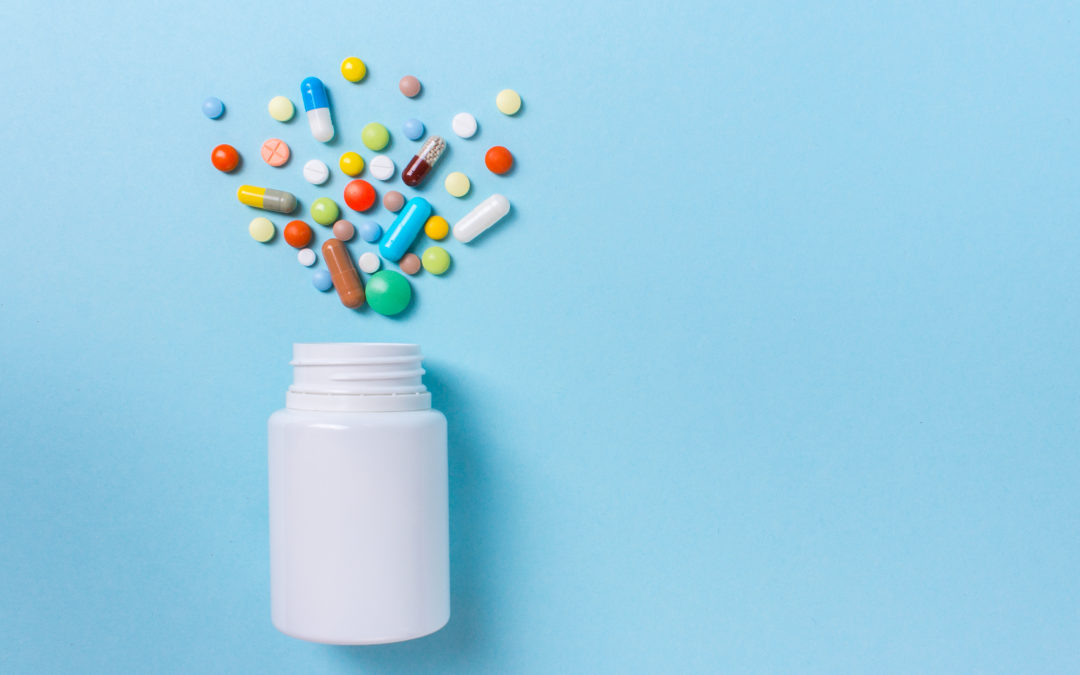Antibiotics are among the most powerful tools in our medical arsenal, but they are not miracle cures. They have a time and a place, but there are plenty of cases where they will not do any good for the patient. Understanding their limits is the key to understanding why we cannot simply hand them out for every problem.
Antibiotics Can’t Cure Viruses
Antibiotic medications exist to kill bacteria and are very effective against many of the diseases that are caused by bacterial infections. On the other hand, bacteria are not the only thing that can cause a disease. Viruses are responsible for many common medical problems, such as the common cold and the flu. An antibiotic simply will not help in that case because there are no bacteria to eliminate.
Many viral diseases do have symptoms that resemble those caused by bacterial diseases. That can lead to a lot of confusion for patients because it is hard to tell them apart. The important thing to remember is that we decide if we should use antibiotics based on the cause of the disease rather than by simply looking at the symptoms.
Minor Infections Don’t Need Them
There are times when antibiotics are a poor choice for fighting against a bacterial infection. That is often the case for sinus infections and some relatively mild diseases that will get better on their own without treatment. The antibiotics could get rid of the bacteria, but they just aren’t necessary.
We try to avoid using antibiotics when they aren’t necessary because they can have drawbacks for the patient. They are definitely worth using in many cases, but the benefits will not always outweigh the costs in the case of these minor infections.
Side Effects Can Hurt
All medication can have side effects and antibiotics are no different from the rest. Those side effects are often the biggest disadvantage to taking the antibiotics and are often the reason that we try to avoid them for minor problems. After all, there is no reason to take them if the side effects are likely to be worse than the disease itself!
Most side effects are mild. Some people feel nauseous after taking them while others develop diarrhea or suffer from dizziness. A few people also have more severe side effects or even develop new diseases as a result of taking the antibiotics. Allergies are also possible. Most people who take antibiotics will be fine, but we still need to compare the risks of taking them to the benefits that they offer to decide if they are a good treatment for an individual’s problems.
Overuse is Risky
According to a 2016 study by the CDC, nearly a third of the antibiotics that get prescribed in the United States are unnecessary. As a society, we simply use them too often when there are better treatment options. That is leading to a major public health problem.
Bacteria are getting more and more resistant to antibiotic treatments. That happens when the bacteria develop a trait that allows them to survive the treatment process. That is a gigantic problem because antibiotics are the best tool that we have for fighting against a variety of highly dangerous diseases. If the strains that can resist antibiotics spread, we will need to find new ways to treat those diseases.
Improper use of antibiotics makes bacteria more likely to develop that resistance. That means that we all need to make sure that we are only using them in appropriate ways to make sure that we can all stay safe from dangerous diseases in the future. So, next time you’re wondering why your doctor doesn’t simply write out a prescription for an antibiotic, remember that they definitely have your best interests in mind, and are probably saving you from a lot of unnecessary side effects in the long run!
Check out our blog about drinking alcohol while taking antibiotics.

